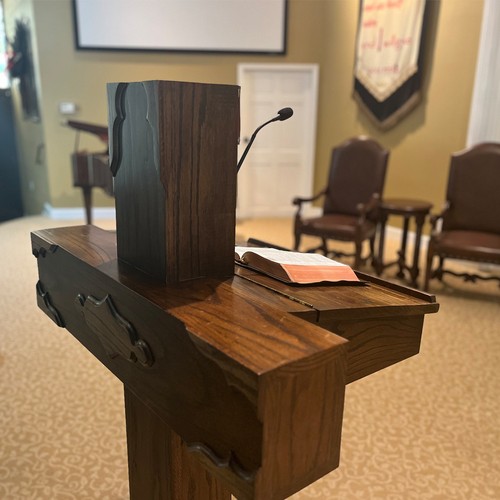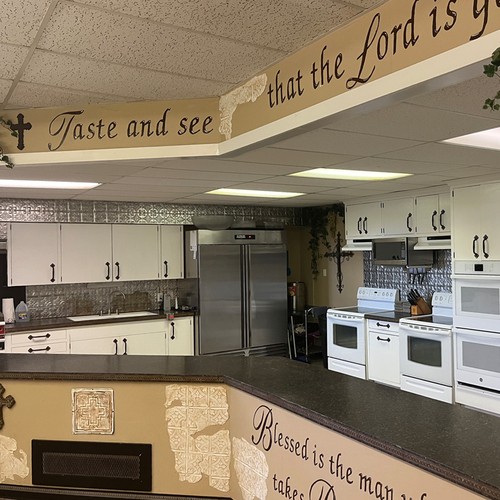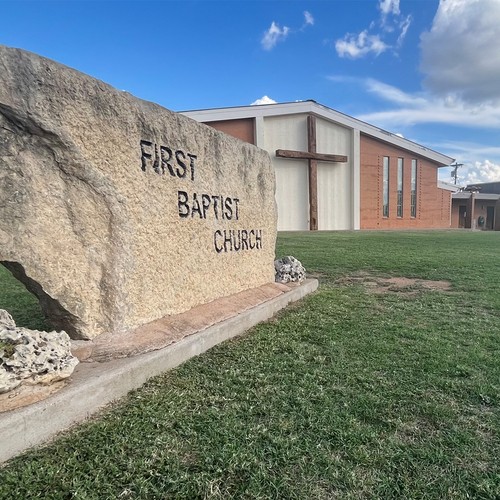"What is truth?"
That is the question Pilate asked Jesus during His trial. Has there ever been a time when a question seemed more relevant? Where do we go for truth? Social Media? Television? Newspapers? We have an ever-growing sense that all these things are lying to us. That coupled with the rise of photoshop, CGI, and AI, and we don't know if we can believe anything we see, hear, read, or experience.
But Jesus told us that God's word is truth! (John 17:17) and that He Himself is truth incarnate! (John 14:6). And Jesus promised that if we would continue in His word, we would know the truth and the truth would make us free! (John 8:32).
At FBC Spur that is our goal, to know the truth of Jesus Christ in His word!
Come discover the truth with us!
But Jesus told us that God's word is truth! (John 17:17) and that He Himself is truth incarnate! (John 14:6). And Jesus promised that if we would continue in His word, we would know the truth and the truth would make us free! (John 8:32).
At FBC Spur that is our goal, to know the truth of Jesus Christ in His word!
Come discover the truth with us!
NEXT LIVE STREAM
Psalm 122:1
"I was glad when they said to me, “Let us go to the house of the Lord.” NASB
We live in a world that is quickly losing personal contact. We were never created for all of our social interaction to be through a screen. God created us to have a physical presence in the lives of those around us. So, while we are happy to provide a livestream of our service for those who are physically unable to attend, we certainly want to remind you that the church has much more to offer than just a sermon. We need you and you need us. Fellowship is an absolutely essential aspect of our worship and sanctification. Beyond that, God commanded it! We hope you enjoy the service, but even more than that, we hope to see you in the pew soon!
Hebrews 10:23-25
"Let us hold fast the confession of our hope without wavering, for He who promised is faithful; and let us consider how to stimulate one another to love and good deeds, not forsaking our own assembling together, as is the habit of some, but encouraging one another; and all the more as you see the day drawing near."
"I was glad when they said to me, “Let us go to the house of the Lord.” NASB
We live in a world that is quickly losing personal contact. We were never created for all of our social interaction to be through a screen. God created us to have a physical presence in the lives of those around us. So, while we are happy to provide a livestream of our service for those who are physically unable to attend, we certainly want to remind you that the church has much more to offer than just a sermon. We need you and you need us. Fellowship is an absolutely essential aspect of our worship and sanctification. Beyond that, God commanded it! We hope you enjoy the service, but even more than that, we hope to see you in the pew soon!
Hebrews 10:23-25
"Let us hold fast the confession of our hope without wavering, for He who promised is faithful; and let us consider how to stimulate one another to love and good deeds, not forsaking our own assembling together, as is the habit of some, but encouraging one another; and all the more as you see the day drawing near."




